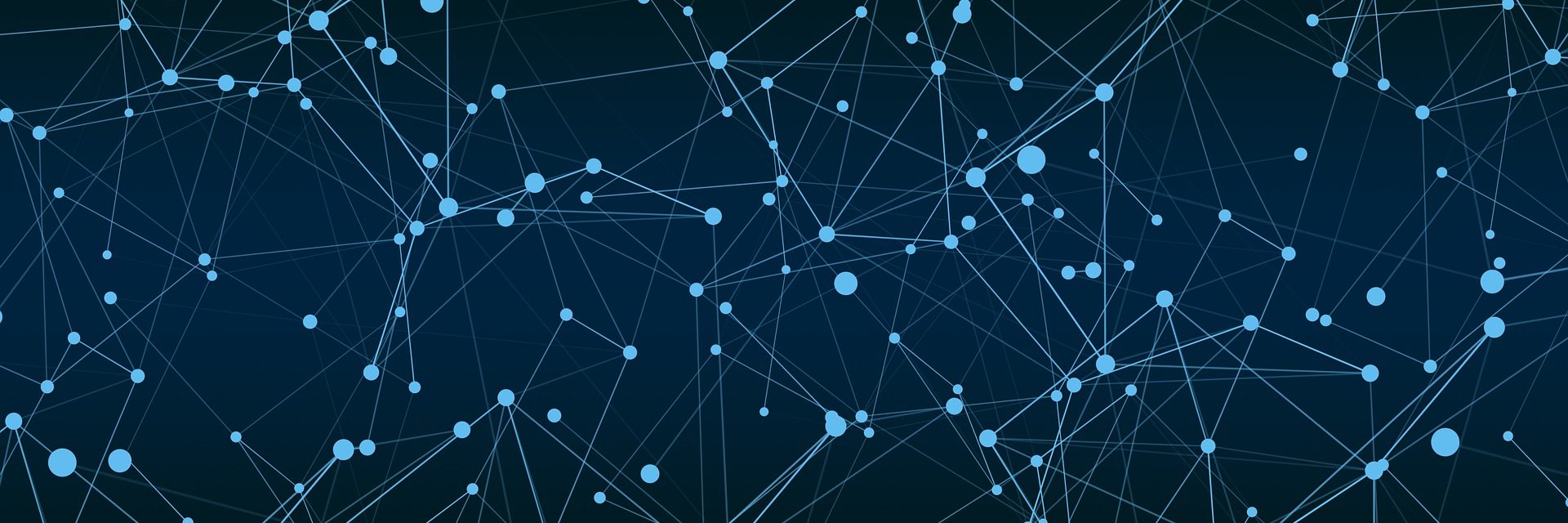The internet has come a long way since its inception only decades ago. In its many iterations it has transformed, from a series of computer-to-computer signals to static web pages to the information highway it is now. The launch of the iPhone in the 2000’s also propelled the internet into a whole new world where endless information could now be at the fingertips of the everyman. Today, we are inching ever closer to the newest incarnation: Web 3.0.
What is Web 3.0?
Web 3.0 is the next generation of internet technology, said to majorly feature and rely on artificial intelligence (AI) and machine learning (ML). It is also called the Semantic Web, as coined by Tim Berners-Lee, inventor of the World Wide Web.
“I have a dream for the Web [in which computers] become capable of analysing all the data on the Web—the content, links, and transactions between people and computers. A “Semantic Web,” which makes this possible, has yet to emerge, but when it does, the day-to-day mechanisms of trade, bureaucracy, and our daily lives will be handled by machines talking to machines,” Berners-Lee explained in 1999.
Web 3.0 would see an evolution in how the internet is used. From a time when information was largely viewed on static pages to now, where almost everything is clickable, the internet has become more geared toward optimising the user experience.
“Web 3.0 offers even more functionality and interoperability than any of the preexisting services, so the possibilities for remote work, teleconferencing, telemedicine, remote socializing and so much more become profoundly enhanced. I would say it is reasonable that the metaverse will become a significant part of the regular individual’s life in the coming decade and beyond,” said Polygon’s head of the gaming and NFT ecosystem Shrey Singh.
What is the Metaverse?
The metaverse and web 3.0 are inextricably linked concepts relating to the future of the internet and the blending of the offline and online worlds. Largely, the metaverse relates to how these two worlds will converge, often through the use of augmented reality and virtual reality.
The metaverse is a term used to describe how these two worlds will converge, with major focus given to the use of augmented and virtual reality (AR and VR respectively).
Vocal members of major tech corporations have been outspoken in supporting the possibilities the metaverse offers. Facebook CEO Mark Zuckerberg hopes the metaverse will allow for a more immersive experience, calling it “an embodied internet that you’re inside of rather than just looking at”.
These possibilities may expand as Web 3.0 and the metaverse edge nearer to becoming a reality.





